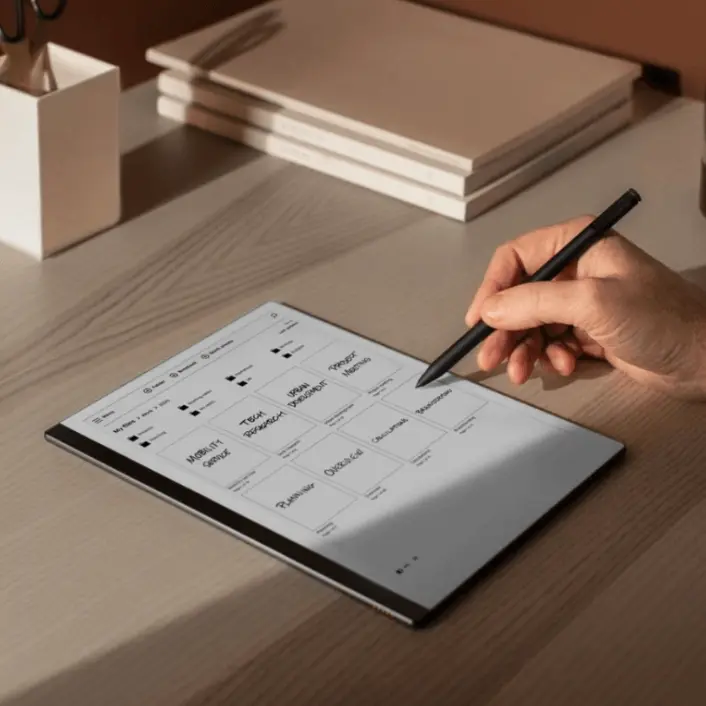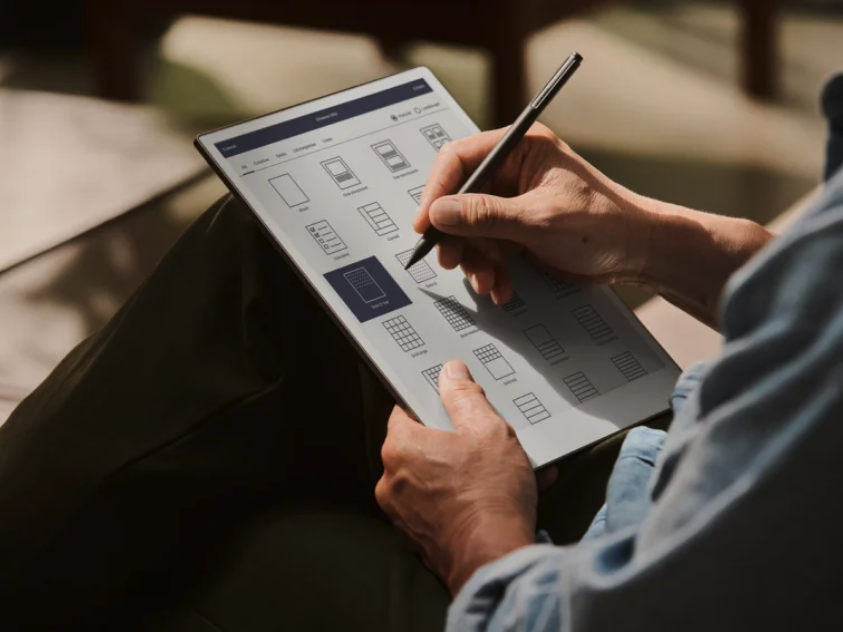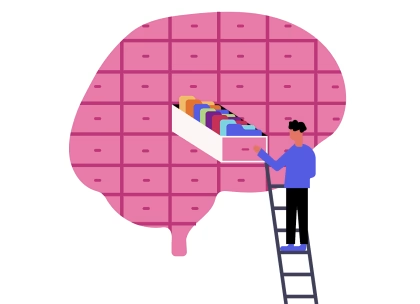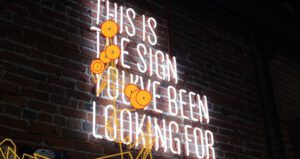Caught in the techno-paradox, knowledge workers face rising digital fatigue. A new neuroscience study using the reMarkable tablet and iMotions tech reveals it boosts memory, focus, and creativity-while reducing stress, cognitive load, and mental exhaustion. Discover the science behind distraction-free productivity.
Table of Contents
The Techno-Paradox – Balancing Productivity and Overload
The world is changing for knowledge workers everywhere, and they find themselves caught in a techno-paradox. On one hand, powerful new technologies-large language models (LLMs), streamlined workflows, and global collaboration platforms-are helping teams achieve unprecedented levels of productivity. On the other hand, the very same digital tools have created an environment of perpetual distraction, where focus is constantly fractured by pop-ups, pings, and information overload.
This rising digital pressure has given birth to a growing concern in modern workplaces: technostress. Defined by researchers as the strain and anxiety caused by continuous digital engagement, technostress is now a contributing factor to burnout, cognitive fatigue, and dwindling job satisfaction.
Seeking to explore a potential “antidote” to this digital fatigue, Norwegian company reMarkable – a leading developer of minimalist writing tablets designed to replicate the feel of paper-commissioned a very interesting study, in which the goal was to understand whether their paper-like devices could help reduce stress and improve mental clarity among knowledge workers.

reMarkable’s Bold Hypothesis
To achieve this goal, reMarkable turned to neuroscientist Thomas Ramsøy, founder of the applied neuroscience firm Neurons. With a track record of translating human behavior research, and cognitive science into business impact, Ramsøy brought his team’s expertise to the table.
As a long-time collaborator and partner of iMotions, Ramsøy also recognized that the success of the project would hinge on robust, reliable data collection-making iMotions the natural choice for upholding both the scientific rigor and practical application in place for the study.
Called in to support the execution of the study, The iMotions Services Team played a central role-not just in executing the data collection phase, but also in consulting on the study design and methodological framework.
Drawing on their experience with multimodal biosensor data, the iMotions Services Team ensured the project captured not just self-reported outcomes, but rich physiological and cognitive metrics tied to stress, focus, and mental load.
As the world continues to search for solutions to digital fatigue, this collaborative study between reMarkable, Neurons Inc, and iMotions is setting the stage for new insights-and potentially, new standards-in digital wellness.
The Power of Proof: Study Execution
With the stage set and collaboration in full swing, the research team turned its attention to a set of core questions: Could the minimalist, distraction-free design of the reMarkable tablet meaningfully improve how knowledge workers perform under the pressures of their working lives? And could it help mitigate the cognitive and emotional toll of our always-on digital environments?
Research Questions and Hypotheses
The research team predicted that using the reMarkable tablet, compared to a standard PC, would reduce cognitive load, improve focus, enhance learning and memory, boost creativity, and lower stress.

To test these claims, the team combined self-reported experiences with objective physiological data using the iMotions Platform. Participants wore lightweight EEG headsets to monitor brain activity related to attention, memory, and creativity. Stress levels were tracked through heart rate variability, providing a reliable measure of emotional strain throughout the tasks.
Finally, participants completed established psychometric tests, including the verbal memory test and creativity assessments, offering clear behavioral evidence of how the right tools can impact both performance and mental wellbeing.
How the Study Was Conducted
The study recruited 60 participants, all knowledge workers, divided evenly between two groups. One group completed the tasks using a reMarkable tablet and stylus, while the other worked on a standard PC with a mouse and keyboard. Both groups followed the same structured task sequence, designed to mirror typical knowledge work and test cognitive and emotional responses.
Participants began with reading comprehension exercises, followed by learning and memory tests based on the verbal memory test. They then listened to a neutral podcast while taking structured notes, simulating real-world information processing.
To assess creativity, participants completed three tasks: generating words under time constraints, finding hidden connections between concepts, and solving visual design challenges.
Finally, a multitasking stress test increased cognitive load in three phases-starting with listening to a TED Talk, then adding math problem-solving, and culminating with a combination of listening, solving math problems, and answering live verbal questions via phone.
At the end, surprise memory tests assessed how well participants retained information from the earlier sessions, providing critical insights into learning outcomes and cognitive strain.
The Results Are In: A Remarkable Advantage
The study captured a staggering 175 million data points, delivering clear evidence that the reMarkable tablet offers significant cognitive and emotional advantages over traditional PCs.
Participants using the reMarkable showed 17% better memory for complex stories and verbal information, though no difference was found in simple word recall. This suggests the tablet boosts the kind of deep memory crucial for knowledge work.
Creativity soared with the reMarkable, with a 25% increase in creative thinking. Users produced more original and diverse ideas, highlighting the tablet’s ability to foster divergent thinking and fresh perspectives.
Brain activity data revealed 20% greater focus and a 17% increase in deep thinking, showing that the distraction-free design helped users stay mentally engaged and immersed in their work.
Cognitive demands were also lower. Tasks on the reMarkable required 30% less mental effort, while stress levels dropped by 35%. Users reported a calmer, more focused working experience compared to those using PCs.
Finally, the tablet helped reduce fatigue, with users experiencing 11% less mental exhaustion, especially during memory-heavy tasks.
The Conclusion
This study clearly demonstrates the cognitive and emotional benefits of using the reMarkable tablet over a traditional PC, backed by the iMotions Services Team’s collection of an extraordinary 175 million data points. Through precise behavioral and physiological measurements, the research confirmed that reMarkable users experienced lower cognitive load, reduced stress, and less mental fatigue, leading to sharper focus, better memory, and greater creativity.
These outcomes stem from the tablet’s minimalist, distraction-free design, allowing the brain to work more calmly and efficiently. Just as importantly, the depth of these insights was made possible by iMotions’ rigorous study design and data collection, ensuring every conclusion was grounded in solid scientific evidence.
Research Paper
Neurons have written a research paper on the study which you can find here;
iMotions Sensory and Consumer
Research Services
Whether you require a full-service research project, partial research services, or specialized data analysis, our team of experts is ready to assist you.
We carry out tests for






